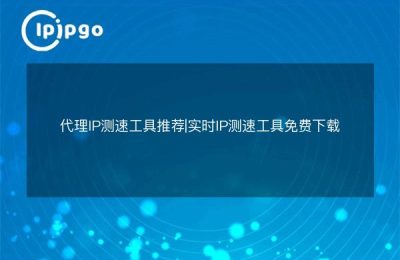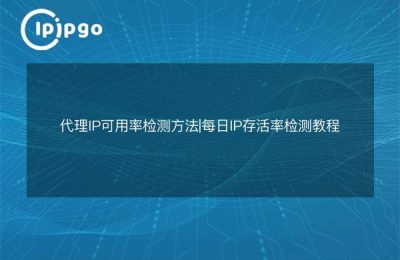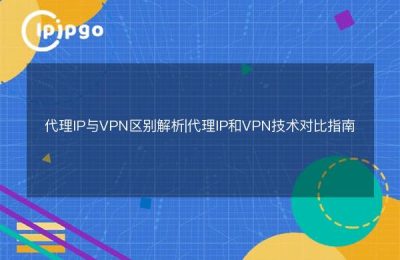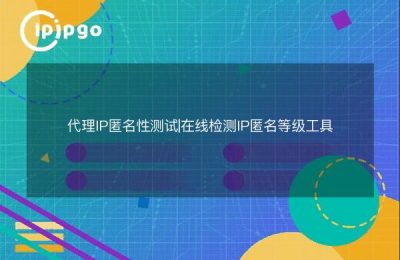
Why do Socks5 proxies need to focus on ports?
Many newbies tend to ignore the port configuration aspect when using proxy IP. Take Socks5 protocol as an example, its default port is1080However, in the actual use of the scenario, the network environment may be restricted to specific ports. For example, some corporate intranets will block non-useful ports, which will require flexible switching such as8080,3128and other alternate ports to maintain connection stability.
Proxy service support for ipipgoFull port customizationThis allows users to quickly access the site directly using the default port, or adjust it at any time based on the port response of the target site. This flexibility is especially important when multitasking is required for concurrent operations, such as scenarios where multiple data collection scripts are running at the same time.
Common Protocol Port Comparison Table
| Protocol type | default port | Main features |
|---|---|---|
| Socks5 | 1080 | Supports TCP/UDP traffic transfer |
| HTTP | 80/8080 | Transmission of web requests only |
| HTTPS | 443 | encrypted data transmission |
Special note: Some cloud servers restrict the use of non-standard ports. In this case, use ipipgo'sDynamic Residential IP PoolIt would be possible to circumvent the restriction because the network environment of a real home broadband user would not trigger the security mechanism.
Socks5 port using real-world tips
When in a situation where a port is blocked, try the following combination of options:
- Test basic connectivity with the default 1080 port first
- Switch to port 8080 to verify network policy restrictions
- Use the ipipgo suppliedSmart Port AdaptationFunction automatically matches available ports
During testing it is recommended to use ipipgo'sport connectivity testing toolIt can display the port open status of the current IP in real time, avoiding the time loss of manual debugging.
Frequently Asked Questions QA
Q: Can the same proxy IP use multiple ports at the same time?
A: Yes, but you need to pay attention to the protocol types of different ports need to be consistent. When using the ipipgo service, it is recommended to enable themultiport concurrent modeto improve efficiency.
Q: Why do some ports connect faster?
A: This depends on the port response policy of the target server. Through ipipgo'sPort Quality Scoring SystemThe port combinations with the lowest latency in the current network environment can be automatically filtered.
Q: Will overseas IPs using special ports be recognized?
A: Using a residential IP is more stealthy than a data center IP. ipipgo'sReal Home Bandwidth ResourcesTogether with the adaptive port technology, it can effectively reduce the feature recognition probability.








